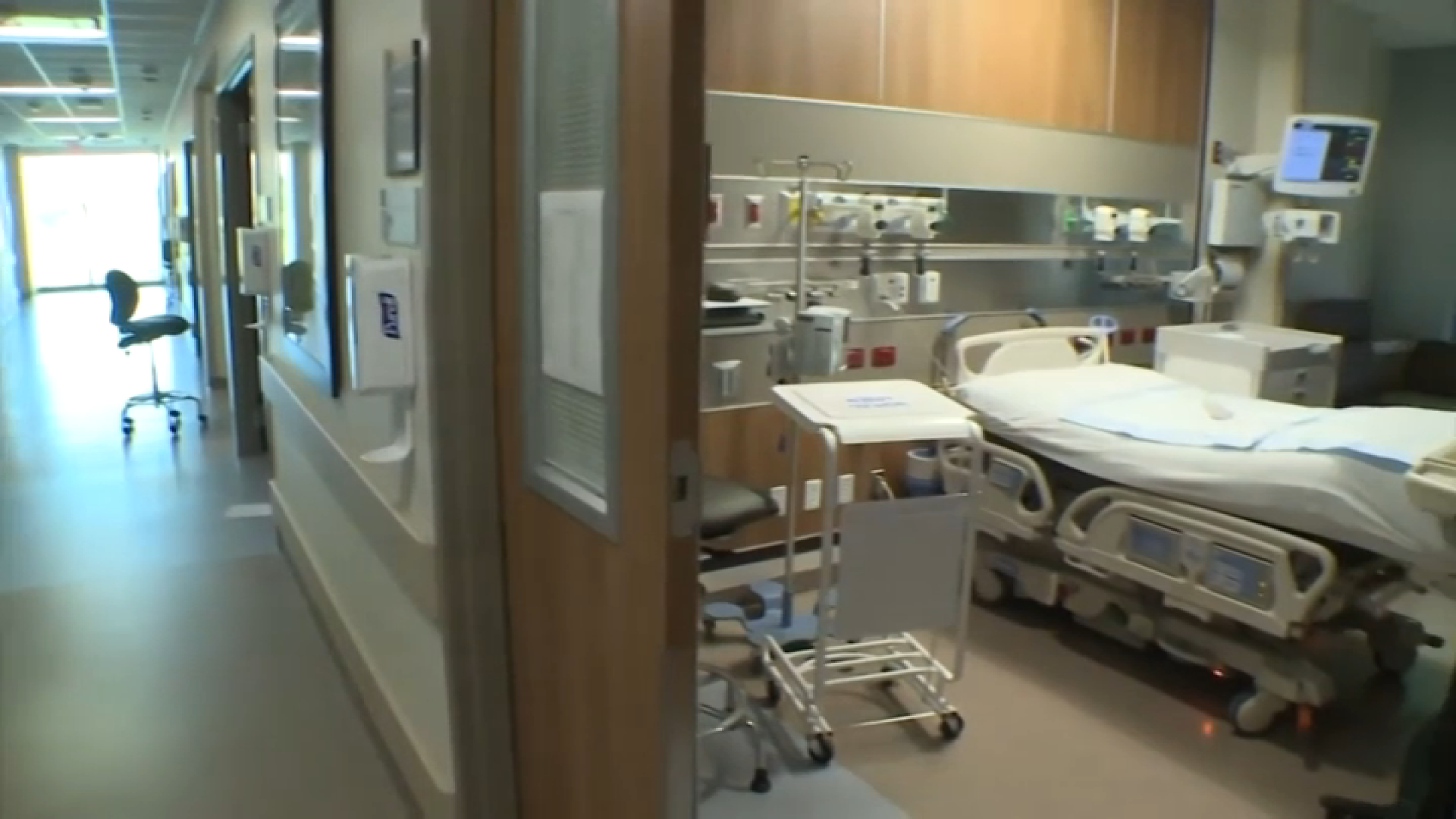If you've come down with a runny nose recently, you may be wondering whether you're experiencing the common cold, allergies or maybe COVID-19.
Health officials say it can be difficult to tell what you're experiencing based on the symptoms, but getting tested is one way to find out. That includes people who have been vaccinated, experts say.
"Even if it's a sore throat, no matter what it is," Dr. Allison Arwady, commissioner of the Chicago Department of Public Health, said in a Facebook live last month. "I've told my own staff this, it's what I do myself... if you are sick, even a little bit sick, stay home. More true than ever right now because sick, even a little bit sick, until proven otherwise with a test - that's COVID. That's how we treat it, that's how you should treat it."
According to the Centers for Disease Control and Prevention, the common cold, allergies and coronavirus overlap in some symptoms, like the potential for a cough, shortness of breath or breathing difficulties, fatigue, headaches, a sore throat and congestion.
Symptoms more associated with coronavirus include fever, muscle and body aches, loss of taste or smell, nausea or vomiting and diarrhea.
For some people, coronavirus causes mild or moderate symptoms that clear up in a couple weeks. For others, it may cause no symptoms at all. For some, the virus can cause more severe illness, including pneumonia and death.
Even those who receive the coronavirus vaccine can also still contract the virus and may experience symptoms.
Local
Most vaccinated people either have no symptoms or exhibit very mild symptoms, according to health officials, and the virus rarely results in hospitalization or death for those individuals.
Coronavirus and the common cold share many symptoms.
Feeling out of the loop? We'll catch you up on the Chicago news you need to know. Sign up for the weekly Chicago Catch-Up newsletter.
According to the Mayo Clinic, diarrhea and nausea or vomiting are the only symptoms associated with coronavirus that don't overlap with the common cold.
The hospital also notes that while COVID-19 symptoms generally appear two to 14 days after exposure to SARS-CoV-2, symptoms of a common cold usually appear one to three days after exposure to a cold-causing virus.
Dr. Katherine Poehling, an infectious disease specialist and member of the Advisory Committee on Immunization Practices, told NBC News in January that a cough, congestion, runny nose and fatigue appear to be prominent symptoms with the omicron variant.
But unlike the delta variant, many patients are not losing their taste or smell. She noted that these symptoms may only reflect certain populations.



